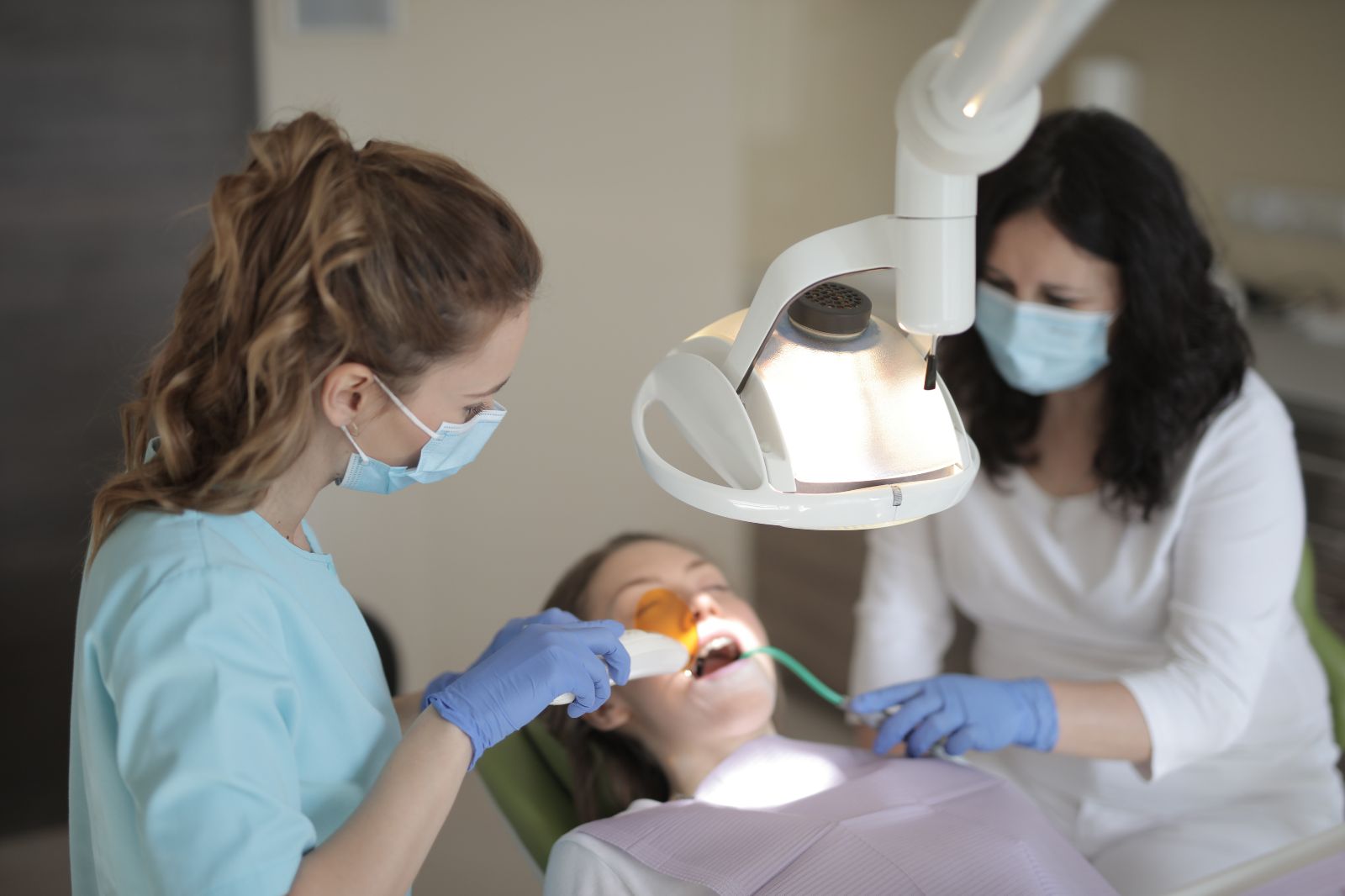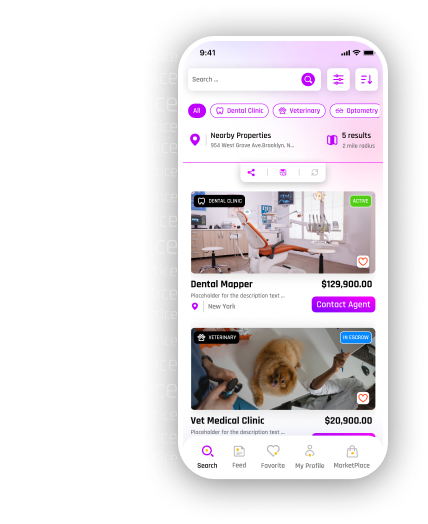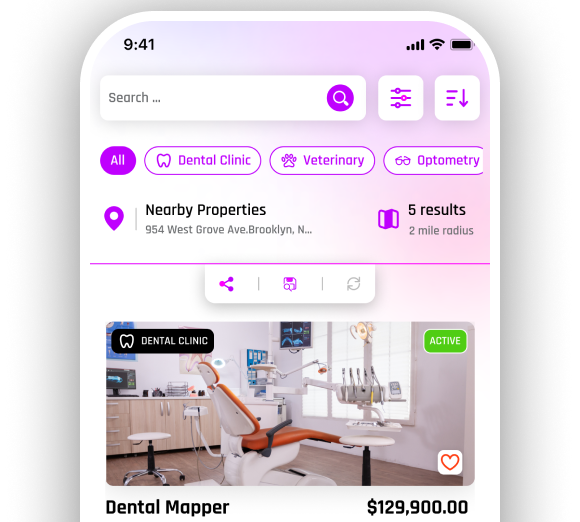Buying vs. Starting a Dental Practice: What Every New Dentist Should Know

For new dentists fresh out of dental school or residency, the question of how to enter private practice looms large. Should you start a practice from scratch or buy an existing one? Both paths offer unique opportunities and challenges, and the decision can significantly impact your finances, work-life balance, and professional growth.
Ownership is a big milestone in any dental career. It brings autonomy, financial upside, and the chance to build something meaningful. But how you get there matters. While some dentists are drawn to the creative control of starting fresh, others prefer the stability and patient base that comes with buying an established practice.
In this blog, we’ll explore the pros and cons of buying vs. starting a dental practice in 2025, and what every new dentist should know before making the leap into ownership.
Why Your First Ownership Decision Matters
Owning a dental practice isn't just about clinical excellence—it's about business leadership. Your first move will affect:
-
Your debt and financing options
-
How fast you earn a return on your investment
-
Staffing, operations, and workflow
-
Patient relationships and community presence
According to the ADA, the average cost to start a dental practice ranges from $350,000 to $500,000, while the average dental practice for sale sells for around $400,000 to $750,000, depending on location and patient volume. Both options require significant investment—so it’s essential to understand what you're getting into.
Buying a Dental Practice
Buying an existing practice can offer a quicker and more predictable path to success, especially for new dentists.
Pros of Buying
1. Instant Cash Flow
You’re stepping into a business with active patients, trained staff, and established billing systems. This means revenue starts on Day One, helping you manage practice financing more effectively.
2. Known Performance Metrics
Unlike startups, purchased practices come with financial history. You can assess profitability, growth potential, and overhead before you commit.
3. Established Community Reputation
An existing practice often has decades of goodwill in the local community—something that can take years to build from scratch.
4. Simpler Staffing and Systems
Hiring a full team from zero is time-consuming. Buying gives you a trained staff, vendor relationships, and proven operational workflows.
Starting a Dental Practice from Scratch
Starting a practice from the ground up appeals to dentists with a strong entrepreneurial spirit and a clear vision.
Pros of Starting Fresh
1. Complete Creative Control
You choose the location, design, services offered, equipment purchased, and the culture of the practice.
2. Modern Tech & Workflow Integration
A startup allows you to implement digital systems, paperless workflows, and newer technology without needing to overhaul outdated infrastructure.
3. Build Your Own Brand
You get to shape your brand identity and grow it organically, which can be highly rewarding.
Buying vs. Starting: 5 Key Factors to Consider
When making your decision, weigh the following criteria carefully:
1. Financial Readiness
Buying a practice typically requires more upfront capital, but offers quicker returns. Startups have a slower ramp-up but may require lower initial investment if you’re lean with build-out and marketing.
Explore practice financing options early. Dental-specific lenders often provide tailored loan structures for both transitions and startups.
2. Personality and Risk Tolerance
Are you more of a visionary or a steady operator? Starting from scratch is more risky and time-intensive, but allows for freedom and innovation. Buying offers structure and safety, which can be ideal for dentists who prefer a more predictable path.
3. Desired Lifestyle
If you're looking to maintain work-life balance in the early years, buying may be a better option. Startups often require long hours and higher stress, especially in the first 12–18 months.
4. Support Network
Having mentors, consultants, or partners in place can ease the challenges of starting from scratch. If you’re buying, a strong transition plan and the support of tools like the PracticeFinder App can help you evaluate listings and avoid costly mistakes.
5. Timeline for Ownership Goals
Think about how quickly you want to step into a leadership role. Buying a practice allows you to take over immediately and begin making high-level business decisions from day one. Starting a practice, on the other hand, involves months of planning, build-out, marketing, and patient acquisition before you see the rewards of ownership. If your goal is to own and lead within the next 3–6 months, buying may align better with your timeline. If you're willing to wait and gradually build, starting fresh could be the better path.
How the PracticeFinder App Supports New Owners
Navigating the dental transition process is much easier with the right tools. Platforms like the PracticeFinder App allow new dentists to browse verified listings, connect with trusted brokers, and compare opportunities in real time.
Whether you're exploring a private practice for sale, or analyzing markets for your startup location, the app simplifies your search while keeping your options centralized. Think of it as a Zillow-style platform made specifically for dental, optometric, veterinary, and medical professionals.
2025 Ownership Trends to Watch
Here are a few emerging trends that may shape your decision:
-
Increased DSO Competition: Corporate-backed practices are expanding, making personalized patient care a key differentiator for private owners.
-
Higher Equipment Costs: Inflation has impacted pricing for dental equipment for sale, making pre-equipped practices more appealing.
-
Digital Patient Expectations: A tech-savvy, convenience-focused generation is looking for practices that offer digital scheduling, mobile payments, and strong online presence.
The Right Choice Depends on Your Goals
There’s no one-size-fits-all answer. Both buying and starting a dental practice offer paths to independence, fulfillment, and financial growth. The right choice depends on your personal goals, risk tolerance, timeline, and available resources.
Take time to assess where you want to be in five years. Do you want the freedom to innovate from scratch, or would you prefer to optimize and grow an existing patient base? Either way, resources like the PracticeFinder App are here to support your transition.
Browse listings, connect with brokers, and find the perfect fit on the PracticeFinder App.
Your ownership journey starts now.

